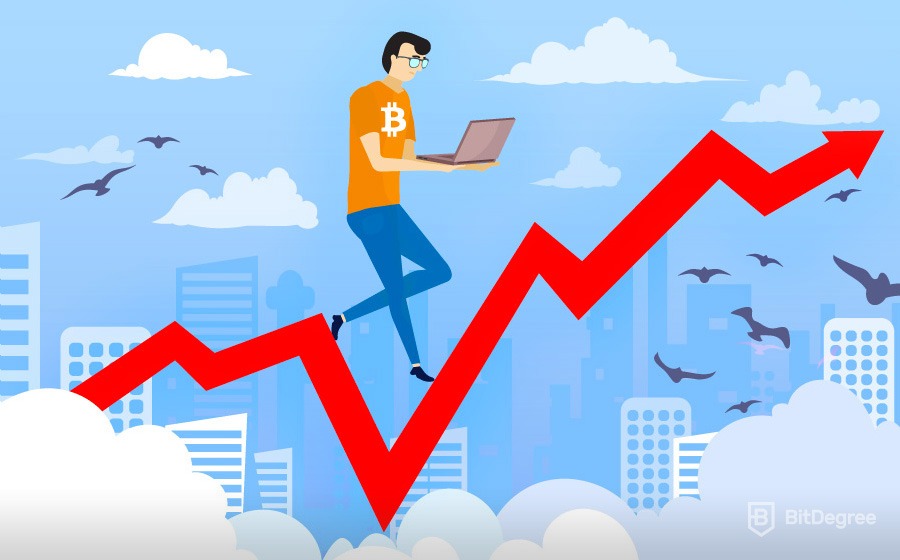Wirecard is a money company based in Munich, that was very well established in the stock market world. Suddenly, it was reported that €1.9bn was missing from their accounts. The company had €1.8bn of debt at the end of September last year, at which time the Munich bank held €1.7bn of customer deposits. Wirecard processes billions of euros annually, but the past year and a half have been a real struggle. There are accusations that they tried to deceive the auditor and gave some slightly suspicious money balances. Wirecard stated it was “working intensively together with the auditor towards finding an exit out of the situation.” By Thursday evening, they said that its chief operating officer Jan Marsalek had been suspended until June 30.
Chief executive and largest shareholder Markus Braun pushed the company two years ago into a well-known Dax 30 index because the company had impressive €24bn market capitalization, which was more than Deutsche bank. Now it is all somewhat uncertain since the accusations are spurring more mistrust amongst shareholders and clients.
The Problem
Wirecard has delayed the publication of its results in 2019 already three times, making things even more suspicious, but has told investors repeatedly that it “expects an unqualified audit opinion.” It is tough to turn a blind eye on this and continue as nothing happened. The company keeps denying money washing or any other illegal action, but facts shape a different story. Many forensics could not even trace where the money went between 2016 and 2018. If the company does not publish any audited results by today, it will breach a covenant of a €1.75bn revolving credit facility made by AMRO, Commerzbank, LBBW, and many other lenders. Money made by the suspect business went primarily into escrow accounts, and it was managed by Wirecard and its partners by a trustee. KPMG said it could not independently confirm whether €1bn of cash exists in such accounts and that the trustee cut ties to Wirecard at around the time the investigation began.
Wirecard existence is now threatened by multiple investigations, its disclosures to investors, and trading in its shares. Germany’s stock markets regulator said it would “take the current developments into account” in its investigation into Wirecard’s potential market deception. It got so far that even The US Department of Justice started investigating a hacker group that targeted thousands of individuals globally. This convinced hedge funds to bet against its shares. The fall of the stock has delivered gains of as much as €740m for eight hedge funds: Chris Hohn’s London-based TCI Fund Management and Marshall Wace. It also seems like the leading company in Singapore had faked documents to deceive regulators and auditors. After Wirecard’s Singapore offices were raided up and down by police last year, BaFin, announced a 2-month ban on short-selling Wirecard stock to protect the company from various speculations. A €500m bond given by the company that the exact month was below 40 cents on the euro on Thursday. Wirecard has sued the FT over its reporting, alleging infringement of trade secrets — a claim that the FT rejects and is defending.
What is left
Mark Braun is still playing it safe (if that’s even possible), by saying that its integrity is their first and foremost ideal. Wirecard is under severe threat, and stocks are going down second by second. Maybe this is another warning that nothing good can come up if you’re trying to play it big for the wrong reasons.





